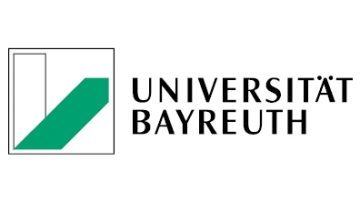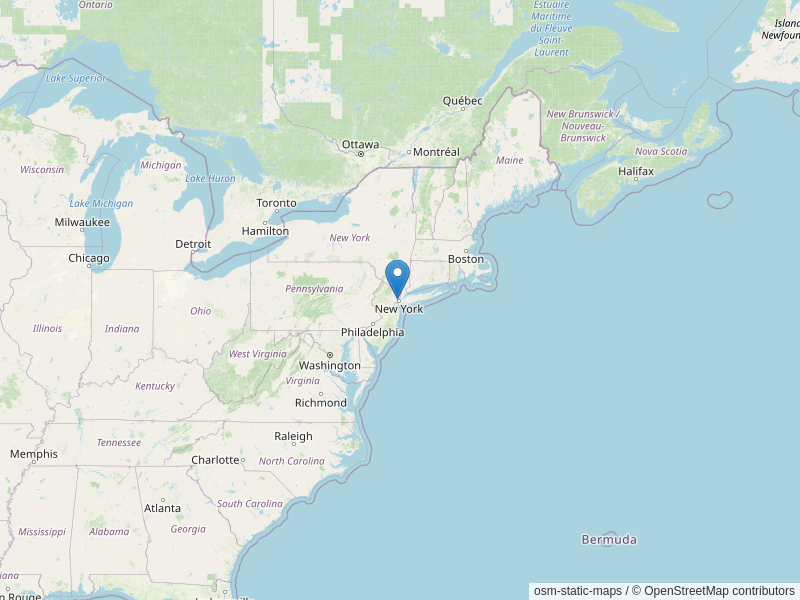Internship Basics

A Few Things to Keep in Mind
If you are planning to pursue an internship opportunity in Germany, there are a few things to keep in mind.
First, internships have become increasingly important in Germany and it is quite common for university graduates to complete one or more such positions during or after their studies.
Second, internships in Germany may be offered on an unpaid basis if they are no longer than three months in length. Unpaid internships may run longer than three months only if they are a compulsory part of a program of study. Internships running for longer than three months and not part of a study program must be paid at the national minimum wage for their entire length.
Third, while some workplaces will operate in English, German is the standard working language in Germany. Having German language skills, even at a low-intermediate level, will certainly increase the number of opportunities open to you. For more information on learning German, click here.
Fourth, depending on the exact nature of your internship, you may need a work visa for your time in Germany. Contact a German consulate near you for more info here.
There are a number of ways of finding internship opportunities in Germany.
First, take a look at some of the internship opportunities offered through our programs such as the EMGIP Internship, RISE, or RISE Professional.
If you are still a student at a North American university, consider approaching your institution’s International or Study Abroad office to see whether any internships might be available to you that way.
Another option worth looking into are internship placements that are available directly from German universities. These internships are typically research-related and take place in workplaces directly affiliated with the German university. Several German universities have liaision offices in the US and are happy to help advise on any opportunities.
There are a number of online databases listing internships in Germany. While these can be a good source of information, they are typically in German. There are several organizations that can assist US students interested in pursuing internship opportunities in Germany. IAESTE USA helps students in Science, Engineering or the Applied Arts find paid internship positions directly related to their studies, while AIESEC offers students specializing in IT, Business Administration or Marketing the chance to complete internships in a German workplace.
Naturally, students can organize an internship independently.
A good place to identify internship positions currently on offer in Germany are the job postings of the German federal government’s Employment Office, the Arbeitsagentur. These listings (in German only!) can be found online here.
DAAD North America offers several programs which involve internships. For undergraduate students in the Natural Sciences or Engineering, DAAD’s RISE Germany program (Research Internships in Science and Engineering) offers an opportunity to complete a summer research internship in the lab of a German PhD student.
No German language skills are required and the host institution assists scholarship holders with arranging accommodation making RISE an excellent opportunity for young scholars looking to have a first research experience in Germany.
There are five key criteria that define a good internship. To ensure a positive internship experience, it’s always a good idea to check how well you ‘fit’ with the specific internship in advance:
- Challenging activities: the tasks should be complex and challenging, to give you the chance to learn, ideally as part of an independent project. Make sure to ask your potential employer about the nature of your tasks. While entry level, repetitive tasks are all part of the deal, you should not have to spend the entire time filing or making coffee.
- Autonomous activities: after an introductory phase, you should be able to independently and autonomously manage your project, even if occasional assistance is provided. Confidently completing the assigned tasks is sure to impress the company.
- Appropriate duration: an internship should last long enough to take on complex tasks. Two to three months are generally sufficient. Unpaid internships that last for more than six months should be assessed very critically.
- Single contact: a single contact should be provided for the duration of the internship to allow a regular exchange of ideas.
- Fair payment: Payment for internships can vary widely in Germany. Unpaid internships are quite common, however, many employers offer interns a modest honorarium (e.g. EUR 300 – 500 / month) to help offset their living expenses. While some internships pay more than this, it is unreasonable to expect to earn enough as an intern to cover all your living expenses. However, if the benefits of the practical experience outweigh earning money, then you might consider accepting the internship.











